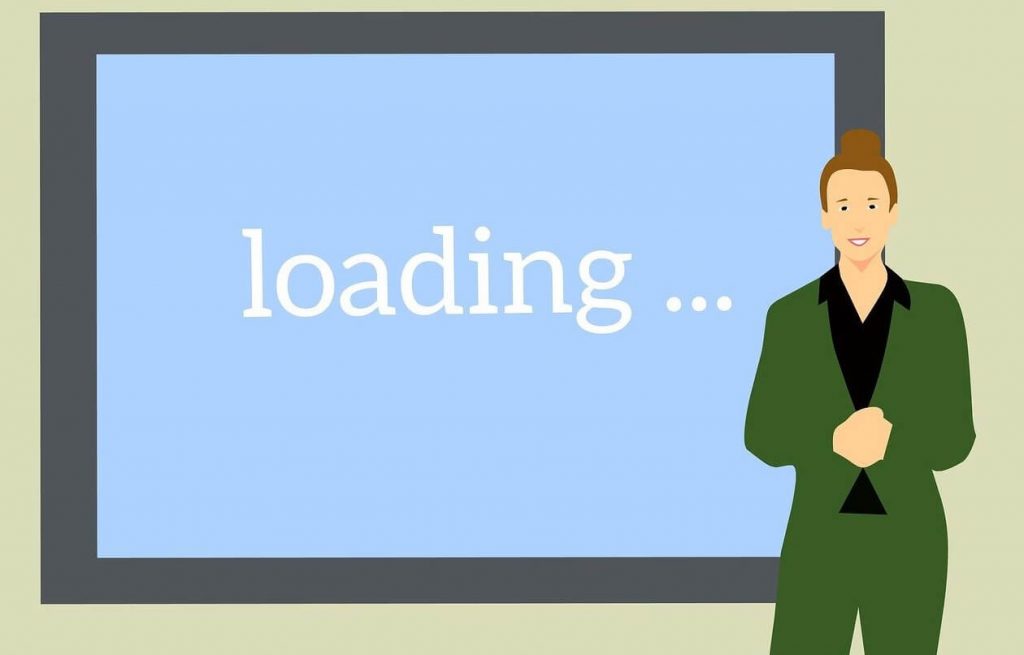 When there’s a crisis and something important needs to be done, ask yourself, was your employee training remembered? Otherwise, performance and profitability will suffer.
When there’s a crisis and something important needs to be done, ask yourself, was your employee training remembered? Otherwise, performance and profitability will suffer.
Training and especially cross-training at work will serve you very well during unexpected absences by key staff or unanticipated opportunities for growth.
You want the right people to be able to perform at critical moments. Do you have that in your organization?
When I was a part of a professional ballet company, I experienced this kind of challenge, when a lead ballerina suddenly was unable to dance due to an illness. This happened less than two hours before the performance.
She couldn’t dance and the show had to go on. Fortunately, one of the other ballerinas had danced that part five years ago. Thanks to extraordinary muscle memory, she was able able to quickly recall the moves and perform them well in a pressure packed situation.
How well can your employees remember something they did five years ago?
You may have no interest in the arts but understand this was a business transaction. The dance company was contracted to perform and perform well. In unexpected situations or emergencies, there’s a cost to not being able to execute well. The audience or the customer does not care about your challenge, they just want what you’ve promised to do.
Consider these tips to strengthen your training process:
Employee Training Remembered: Refresher Days
Pick a couple of times a year, perhaps during historically slower times, when people can revisit training. You are setting aside time for this process.
This is especially important in situations where one employee does a very important task. Don’t allow an unexpected emergency to paralyze your organization because the replacement can’t remember what to do.
The refresher can also update people on things like new software or changes to a process. You can’t expect people to step in, during a stressful time, if they don’t know what to do.
You may need to adjust this important process for the virtual workplace. Don’t fall into the trap of waiting until people are back in the physical office to do it.
Employee Training Remembered: Accountability
What is the level of accountability for your training? Once the trainer is done, are they responsible for the results?
Create a culture where people are judged on how well they’ve prepared their backup. If it’s their job, then they should accept responsibility for the results, while they’re out of the office.
After an absence, both parties should meet and talk about how things went. This is when you find out if the instructions were clear and if improvements should be made.
Employee Training Remembered: Explain Importance
While we’ve talked a lot of about cross training for an unexpected employee absence, it’s equally important to focus on your existing policies and procedures. Have they just become a list of instructions in a dusty manual that aren’t followed anymore?
While you may feel motivated to put up signs and issue reminders that tell employees to follow the rules, that strategy will be more effective if you share the big picture. Uncertainty often creates harmful shortcuts.
Let people know why you’re asking them to do things a certain way and what happens when people bend the rules.
Ideally, you want your training to be so well know that you do it without thinking, like looking both ways before you cross the street.






